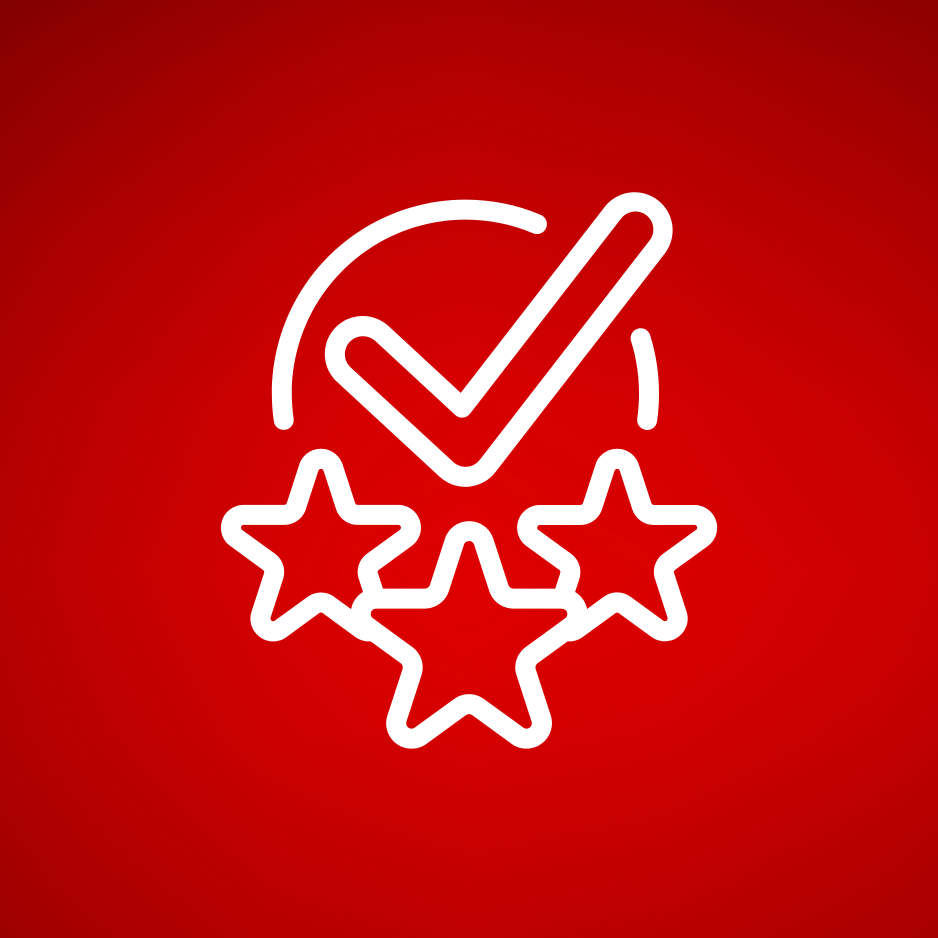Experiential learning has many benefits for students, including but not limited to:
 |
Strengthened comprehension of course content |
 |
Development of essential employability skills |
 |
Development of professional connections and improved employability |
 |
Exploration of interests and clarification of career goals |
 |
Enrichment of the student experience |
- Work / Field Placement: A placement or practicum in the students’ field of study where students apply learned theory and skills to authentic work settings and demands. Go to our Placement page for more information.
- Clinical Placement: A clinical placement or practicum that consists of a set number of hours and takes place in a health care setting. Students apply learned theory and skills in an authentic work setting with real patients/clients. Go to our Placement page for more information.
- Job Shadowing: Students learn by accompanying an experienced worker as they perform their job.
- Skills Lab / Shop: Skills labs and shops allow students to engage in skills practice, usually in a lab or shop environment, often using industry-relevant equipment, resources, and tools.
- Simulation: Simulates real situations, processes, and systems that may occur in a workplace. Provides an interactive and low-risk learning environment.
- Field Trip / Experience: Students engage in academic and applied learning outside the classroom in a workplace or field-based environment external to the College campus spaces.
- Land-Based Learning: Designed to impart culturally-based teachings about land, water and creation and link them back to the roles and responsibilities we carry related to the environment and land use. Land-based learning projects aspire to reconnect students with the land, allowing them to acquire the skills of previous generations in an experiential learning environment.
- Service Learning: Students engage in volunteer service within the community, contributing to course learning outcomes while addressing social issues and community needs.
- Applied Research Project: An applied research project is one that uses existing knowledge and techniques to solve a real-world problem. These can be course-based or industry-based. For more information, go to the Canadore Research Centre Page
- Partner-Driven Course Project: A community partner drives these projects as part of a course. This could involve, for example, the requirement to complete a marketing plan for a real client, the requirement to serve real clients in the dining room, or the requirement to complete repairs on a home for a real client.
- Incubators / Entrepreneurial Activities: Students leverage support provided by an enterprise or facility to engage in the early-stage development of business ventures. These activities often lead to the establishment of a formal business. Examples of support that may be provided by the enterprise or facility include mentorship, office space, and shared business or legal services.
- Boot camps: Boot camps are short-term intensive training opportunities focused on practical skill building.
- Hackathons: Hackathons are events in which students team up to hack out solutions to real-world problems over a short period of time.
- Artistic Performance / Production: Live or recorded student performances, productions or showcases, often presented to community audiences. Examples include a full production of a stage play, concert or musical theatre, or film and music productions.
- Studio-Based Learning: Students engage in studio-based learning to practice artistic elements in preparation for performance.
- Capstone Projects: A culminating project, typically at the end of an academic program, that encourages students to apply all the knowledge and skills they’ve acquired to a specific problem or challenge.
Canadore students could not be afforded the diversity of rich experiential learning opportunities without the steadfast support from industry partners. These relationships are leveraged to support high impact learning that positions our graduates for success. We would like to extend our gratitude to these valued partners.
